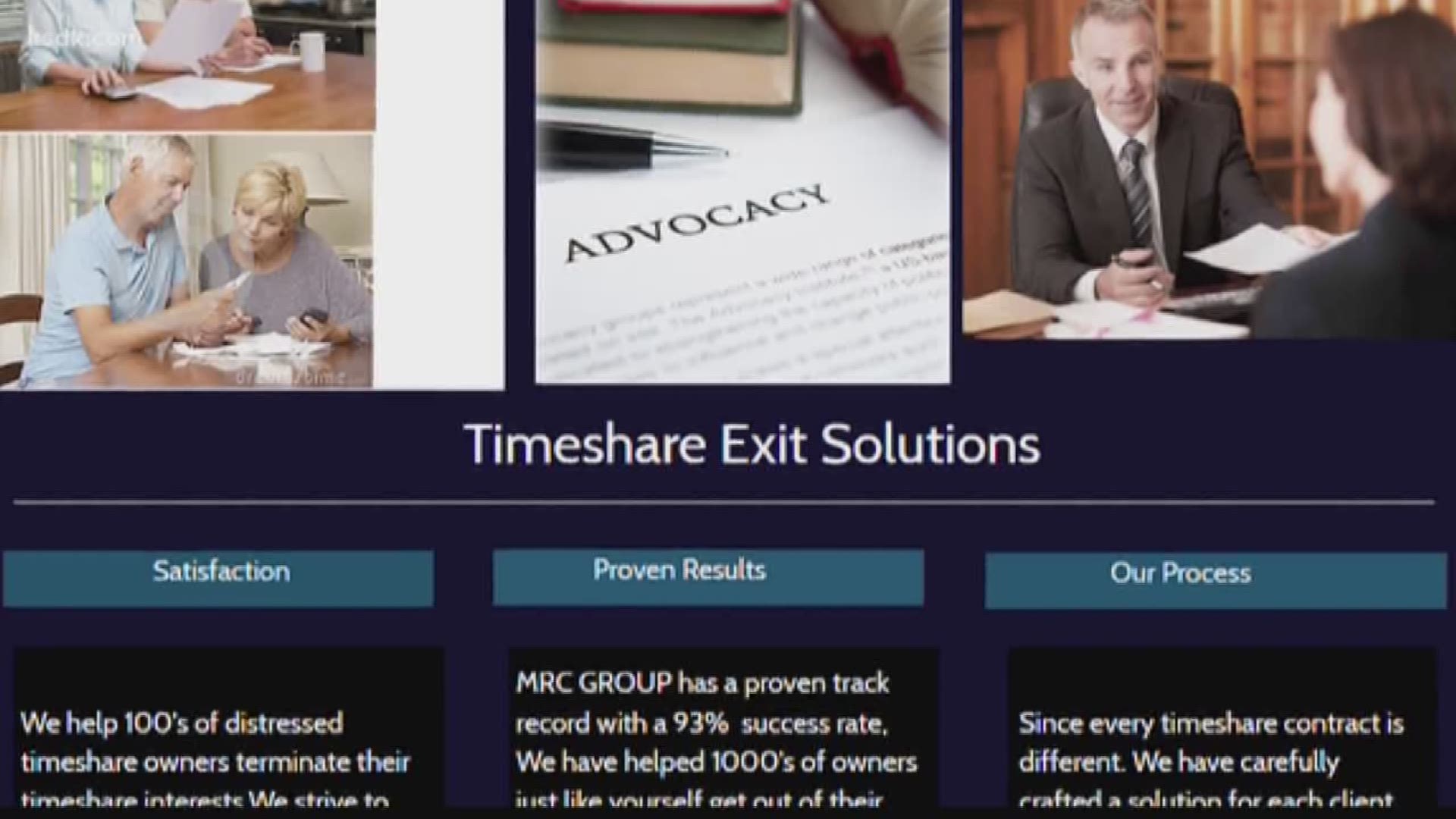In keeping with this convention, through the rest of this course I typically describe timeshare periods as "timeshare weeks" or "weeks". In addition to the purchase rate, timeshare owners likewise pay a yearly fee for home maintenance and management. Many timeshare tasks also book a couple of one weeks usage of each system for upkeep and repair work. Historically, many timeshare developers have used high-pressure and deceptive sales techniques, with deceptive and inaccurate representations of what purchasers could anticipate from their timeshare ownership. The timeshare industry has likewise had its share of unethical and deceitful resort designers and operators. Consequently, timesharing has a bad reputation with many individuals. Exchange worth. Exchange worth is the capability of a timeshare week to exchange for another timeshare week. Some weeks are better and preferable than others. If you desire to regularly use your week for exchanging, you require to be mindful of the exchange worth of the weeks you want to obtain and make certain that you buy a week that will have the required worth to complete Find more info these exchanges. Normally, exchanges are finished utilizing weeks of comparable value. If the week you own is a lower worth week than the locations you want to exchange into, you need to understand this and plan your exchanges accordingly.
To be able to prepare your exchanges, you require to able to forecast fairly well the exchange value of your week. The highest exchange worth predictability accompanies a points program. In a points program you understand exactly what your exchange worth remains in points, and how many points are required to complete exchanges to other resorts in which you are interested. The majority of vacation clubs likewise have a high degree of predictability, a minimum of for exchanges finished within the club. With repaired weeks, the use duration is the exact same every year. Hence, the part of exchange worth that is associated with the season will normally be the very same from year to year; some variations in this can take place, however, if the week regularly includes a major vacation.
With floating weeks, the exchange worth will depend on the demand for the week that you receive to transfer into your account. As discussed in Lesson 3, in many drifting week resorts owners might have little or no ability Hop over to this website to select the week that appointed to them for exchanging. How far in advance of use you can transfer a week. With repaired weeks, the use dates are fixed and known. For that reason, you can usually transfer fixed weeks with exchange business as far ahead of time as an exchange company will allow (usually two years). On the other hand, with drifting weeks, you often can't transfer weeks earlier than https://tysoncosx839.weebly.com/blog/our-how-to-get-out-of-your-timeshare-statements the resort will enable appointments to be made.
Therefore, repaired weeks permit you to perform longer range holiday preparation. Capability to split a week. Many points systems will enable you to reserve units for less than one week. Some floating week resorts and vacation clubs will also allow you to split your usage right into different weekend and weekday durations. Fixed week resorts usually have no provisions for splitting a week. Frequency of timeshare use. an avarege how much do you pay for timeshare in hawaii per month. Many timeshare programs are based on yearly usage of the timeshare. If your vacation schedule or preferences are such that you would not utilize a timeshare every year, you ought to buy a system in a program that accommodates this scenario.

The Ultimate Guide To How To Avoid Timeshare Sales Pitch Wyndham Bonnet Creek

As the name suggests, with an EOY ownership your usage right happens every other year. Purchase costs for such an unit are similarly less. Yearly charges for an EOY are generally handled in one of 2 ways: 1) you pay a complete yearly charge, however just for the year for which you have an use right; or 2) you share of a complete charge every year. Points programs likewise work well if you don't holiday each year, given that the points will typically bring over to the next year if you do not utilize them. Some trip clubs will likewise enable you to rollover a getaway use into the next year.
With a deeded residential or commercial property, you are a part owner of the residential or commercial property; if the residential or commercial property manager ends up being defunct, you will still own your share of the home. In contrast, when the operator of a right-to-use property ends up being defunct, your only claim on the property is as one of many other financial institutions. Also, in a deeded residential or commercial property, the homeowners association can normally change the resort supervisor if they choose. In a right-to-use property, the owner and operator are typically the same entity or are closely related entities (what to do with a timeshare when the owner dies). You must likewise consider the years of use remaining on a right-to-use agreement, especially as it compares to your long-range vacation strategies.
If you only prepare to trip for about 10 years, purchase of a right-to-use with about 10 years of remaining life may be quite practical and cost-effective. In a lockout unit, the layout of the unit enables the system to be divided into two subunits, each of which can be occupied separately. Usually, a two-bedroom lockout unit usually splits into a hotel system and a one-bedroom system. The lockout function significantly increases your versatility in utilizing the unit. For instance, one year you might inhabit the system as a full two-bedroom unit. Another year, if there were fewer people in your celebration, you might choose to inhabit just the one-bedroom part and deposit the hotel unit with an exchange business - how to sell your timeshare in mexico.